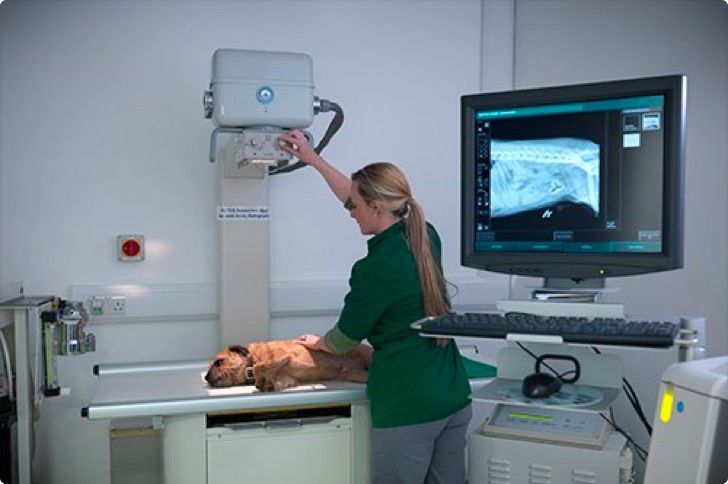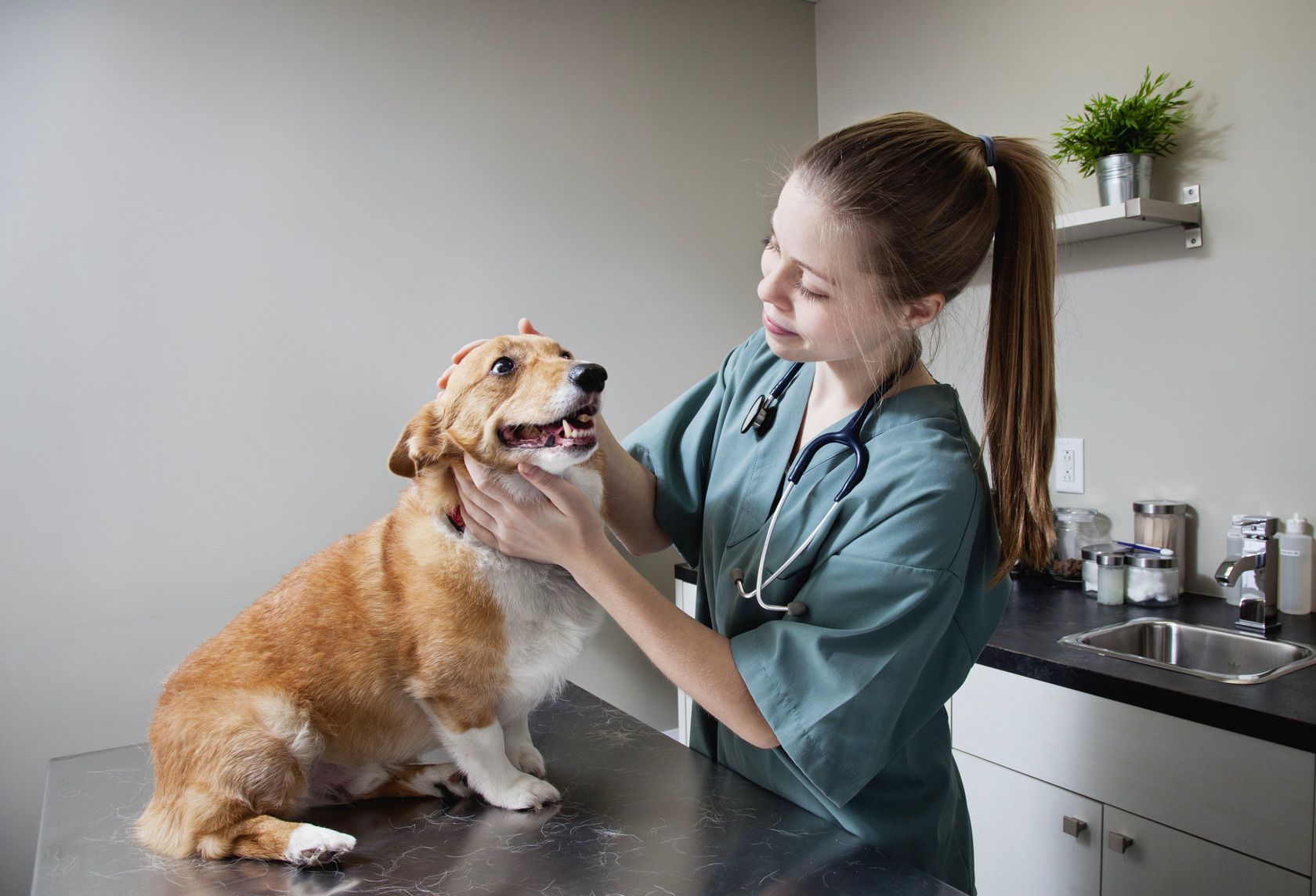Thinking about getting a dog? It's important to understand your breed's potential health issues and the steps your breeder is taking to reduce your puppy's chances of inheriting health conditions. Here's what you need to know.
What is health testing?
A: Every breed is susceptible to certain health conditions or diseases. Just like humans, dogs can inherit health conditions from their parents. Responsible breeders make an effort to lessen the likelihood of their puppies inheriting these issues by screening their breeding dogs for heritable conditions and making informed matches when breeding.
Can health testing ensure that my puppy is healthy?
A: Health testing is a vital piece of a responsible breeding program when heritable conditions are present, but diet, exercise, environment, and genetics can all factor into whether a dog develops a health condition or disease. When breeders use health testing to identify risk factors in potential breeding dogs, it can significantly decrease the likelihood of many conditions appearing during your dog's lifetime. Performing the proper health tests is key, but it's just as important to work with your breeder to understand how diet, exercise, and environmental conditions affect your specific breed.
Health issues vary widely across breeds
It's important to note that there isn't a one-size-fits-all approach when it comes to health testing. Breeders perform specific health tests on their dogs based on the common conditions and diseases found in their breed.
*Keep in mind: Reliable screening tests still don't exist for many hereditary diseases. Additionally, some health tests for complex conditions are not always predictive of the development or severity of the condition in the puppies. However, it's a powerful tool that responsible breeders utilize to produce genetically, physically, and emotionally sound puppies.
Fun fact
Genetic versus phenotypic – and why it's important to understand the difference
There are generally two different types of tests that can be performed, genetic health tests and phenotypic testing:

Genetic health tests can be performed on the DNA of dogs to screen for the presence of certain disease-causing mutations.

Phenotypic tests include physical examinations by veterinarians (or in some cases, specialist veterinarians) and diagnostic tests such as x-rays and ultrasounds.
Questions to ask your breeder
Q: How do you think about reducing health issues in your puppies?
Q: What health problems commonly occur in Chesapeake Bay Retrievers?
Q: Can you tell me about any health tests you perform on your dogs and why?
Q: If you have done health testing, where can I see the results?
Q: Have any of the dogs in your breeding program ever been afflicted with these conditions?

Explore Chesapeake Bay Retriever Breeders
Explore allDig into the Learning Center

